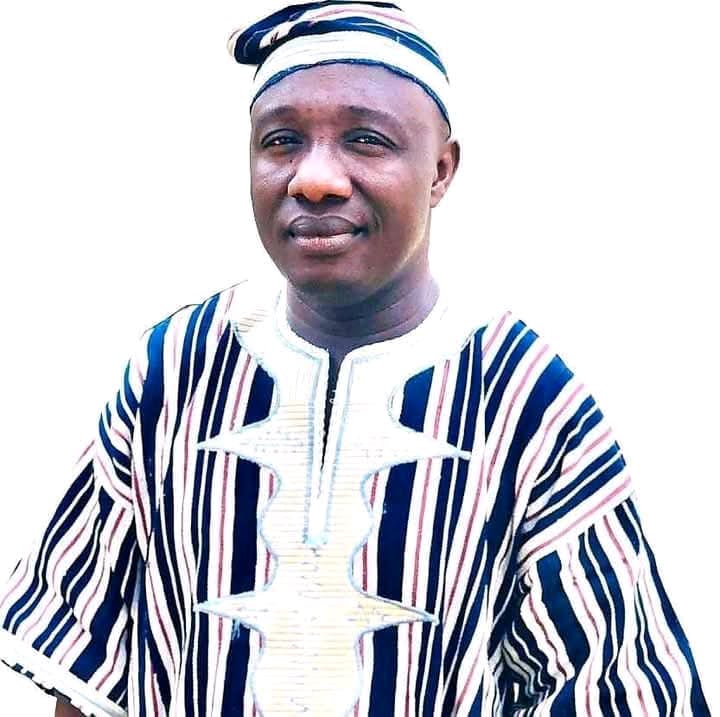Allegations of Political Interference in Bong County Development Initiatives Spark Public Outcry
The serene landscape of Bong County, Liberia, is currently embroiled in a storm of controversy surrounding alleged political interference by Senator Prince Moye in the county’s developmental affairs. The crux of the matter revolves around accusations that Senator Moye is exerting undue influence on the Bong County Council, steering them towards projects that are perceived as politically motivated rather than addressing the pressing needs of the county’s residents. This alleged interference has ignited a firestorm of public discontent, with citizens voicing their concerns through various platforms, including radio call-in shows, raising questions about transparency, accountability, and the prioritization of development initiatives.
The controversy gained traction when Senator Moye reportedly summoned all nine members of the County Council to his residence in Monrovia. During this meeting, it is alleged that he directed the council to accept a previously approved sum of $280,000 from the County Administration. While the allocation of these funds had already been sanctioned, the senator’s alleged intervention has raised eyebrows and sparked suspicion among the public. Critics argue that this directive effectively sidelined the council’s autonomy and potentially delayed the implementation of more crucial development projects that directly address the needs of the county’s population.
The situation has been further exacerbated by the council’s decision to allocate the $280,000 towards the renovation of the Presidential Palace in Gbarnga. This decision has drawn sharp criticism from various quarters, with many questioning the rationale behind prioritizing the renovation of a facility that falls under the purview of the national government. Critics argue that the county’s limited resources should be directed towards more pressing concerns, such as improving healthcare, education, and infrastructure, which would have a direct and tangible impact on the lives of ordinary citizens.
Adding fuel to the fire, Co-chair of the Bong County Council, Maveline Lepukoi, has publicly denounced the use of county funds for the palace renovation. She has vehemently argued that the responsibility for maintaining the Presidential Palace rests squarely with the national government, and diverting county funds for this purpose represents a misallocation of public resources. Co-chair Lepukoi’s outspoken stance against the project has resonated with many residents who share her concerns about the prioritization of development initiatives. Her call for accountability has further amplified the public outcry, demanding transparency and a reassessment of the county’s development agenda.
Despite the mounting allegations and public pressure, Senator Moye has remained tight-lipped on the matter, declining to respond to inquiries from various media outlets. This silence has only served to deepen public suspicion and fueled speculation about the senator’s motives. The lack of transparency from the senator’s office has further eroded public trust and intensified calls for a thorough investigation into the matter. As the controversy continues to unfold, the residents of Bong County anxiously await a response from their elected officials, demanding clarification and accountability for the alleged misallocation of public funds.
The unfolding events in Bong County underscore the critical importance of transparency, accountability, and participatory governance in development processes. The alleged interference by Senator Moye raises serious questions about the extent to which political considerations influence development priorities, potentially sidelining the genuine needs of the people. The public outcry serves as a stark reminder that citizens demand a voice in decisions that affect their lives and expect their elected officials to prioritize their well-being over political maneuvering. The controversy in Bong County highlights the need for robust mechanisms to ensure that development initiatives are driven by the needs of the community, not the political ambitions of individuals. As the situation unfolds, the residents of Bong County remain vigilant, demanding answers and holding their leaders accountable for the responsible stewardship of public resources.














